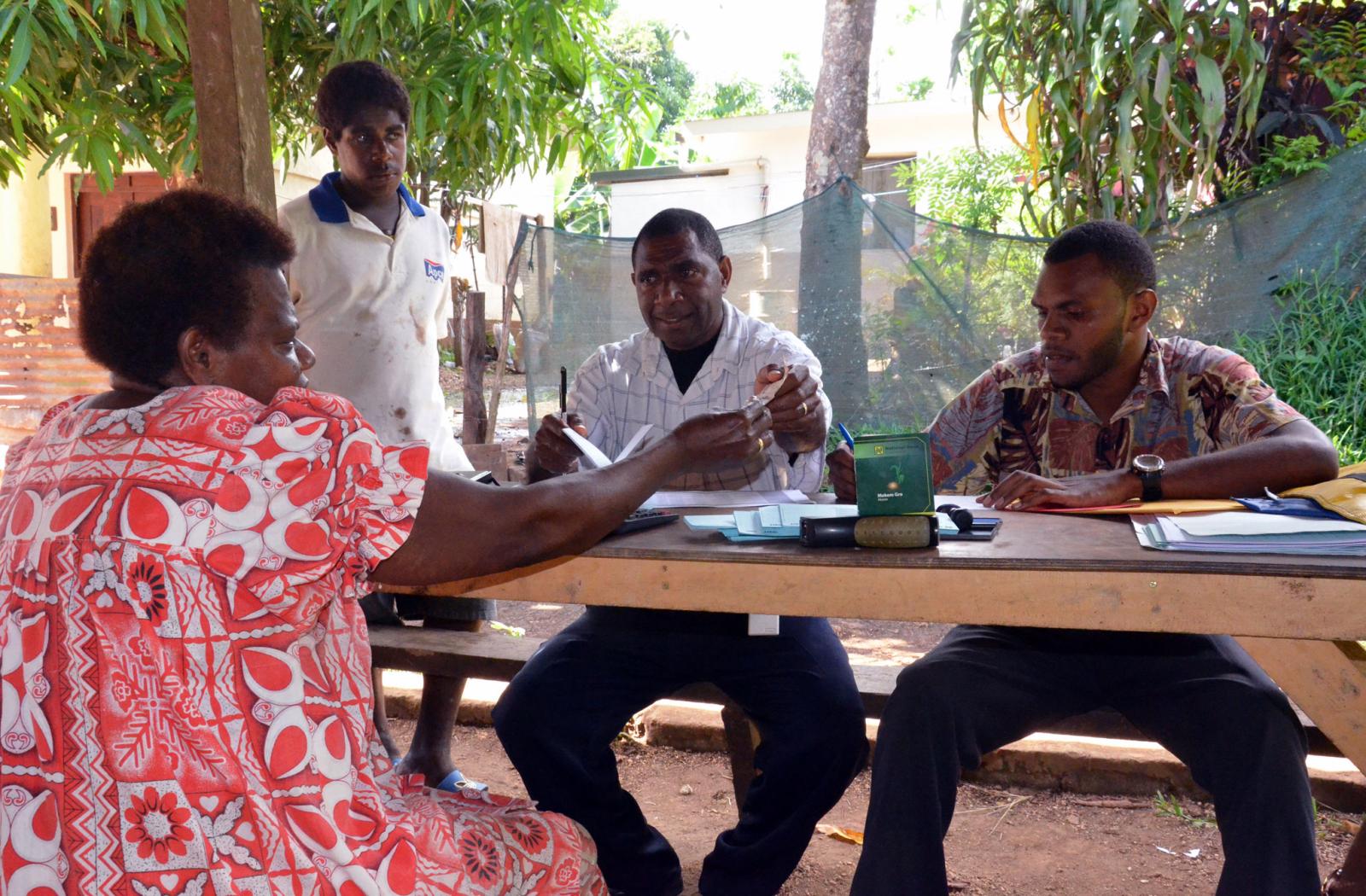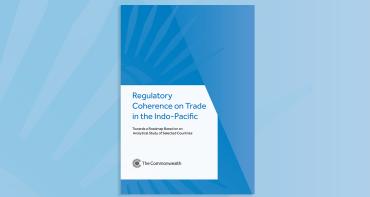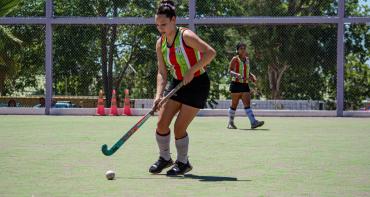How do you encourage people to save and bank their money where no bank branches exist? The National Bank of Vanuatu with support from the Commonwealth Secretariat came up with some innovative ideas…

When John Aruhuri joined the National Bank of Vanuatu he was given the task of extending the bank’s services to villagers living in inaccessible rural areas across the Pacific nation’s 80 plus islands. It was in the bank’s interest to encourage the majority of the population to save, but helping the villagers to open bank accounts and save money would also enable the community to grow and prosper
As head of Rural Banking Services, Mr Aruhuri’s work had to begin by raising awareness about the need to save and counter the negative attitudes that banking was only for the rich. He also had to get people to stop keeping their money under their mats and beds, and bring it to the bank.
The remoteness and tough volcanic mountain terrain of the islands meant that getting the message out required creativity and innovation.
Tapping into his previous experience working in grassroots co-operative movements, Mr Aruhuri proposed the idea of using radio to teach financial literacy. Together with colleagues, he drew up a manual which included topics such as how to develop a savings culture, simple household budgeting, keeping accounts, managing loans and calculating interest rates.
But doing all this required funding, skills and training of trainers. In 2009, Mr Aruhuri learnt about the Commonwealth Secretariat’s financial literacy programme to improve access to financial services for the rural poor. He submitted a proposal seeking support for a 12-month training and outreach programme using the national radio broadcaster, Radio Vanuatu.
David Ashiagbor, economic adviser at the Commonwealth Secretariat, was in Vanuatu attending a workshop when the question of access to finance for the unbanked rural population was raised. He heard about the plans of the National Bank and met with Mr Aruhuri to explore areas of co-operation.
“I was pleased to find that the bank was looking at providing services to the rural poor as a core part of their business, not some sort of charity, and that encouraged me to work with them to provide Commonwealth assistance to get the project rolling,” Mr Ashiagbor said.
Working with the bank, he helped refine the proposal and identify areas where Commonwealth support would add value.
It was agreed that to start with, bank staff would be trained to go into the villages to teach people about how to manage their money and savings and open bank accounts.
The bank also needed money to fund the initial costs of setting up a radio programme.
“I thought that using radio was a brilliant idea of getting information to people deep in the villages and on far flung islands where the trainers could not easily reach. We immediately decided we could provide support to it,” said Mr Ashiagbor.
With funding from the Commonwealth, Mr Aruhuri produced training manuals and shortly after the radio programme, conducted in the main local language, Bislama. It was hugely popular.
“It was an interactive programme and we would receive many telephone calls from listeners from across the islands. It was overwhelming. We very soon found that by providing information over the radio, we had created an additional demand - for the bank to go out there and start serving the people,” said Mr Aruhuri.
The Secretariat also funded the training workshops that the bank conducted on different islands, training its staff as well as the rural people.
The popularity of the radio and training programmes attracted other agencies to partner with the bank to service other needs. After hearing about the progress of the programme, the New Zealand Government offered to help fund it.
Within one year of commencing the training and radio programmes, 9,000 new bank accounts were opened for rural customers, raising an additional US$3 million in savings. In a country with a population of just over 250,000 people, this was no mean feat.
“The initial support we received from the Commonwealth Secretariat is unlocking many other opportunities. It is like sowing a mustard seed that has led to the blossoming of a financial literacy tree,” Mr Aruhuri explained.
However, the remoteness and hard-to-reach areas meant that another level of innovation was required: accessing unbanked people, where no bank branches existed.
“We devised a system of giving our field banking staff motorcycles and bicycles too, so they could scale the mountains and valleys to reach our new clients,” said Mr Aruhuri.
With this, a 'bank on wheels' was born. In some cases, banking officers travel by minibus or public transport to villages, and set up banking sites at community centres such as churches or schools. Where bikes can’t travel, staff carry their books and bags on their heads, and walk deep into the hills to help people open bank accounts.
The bank has regular travel schedules and also uses radio to make announcements to alert people about the dates and times.
National Bank of Vanuatu employees Mark Solomon and Willie Loughman collect savings and open new bank accounts in Ohlen Mataso village, about 15 kilometres from Port Vila, the capital.
Ohlen Mataso has a population of about 500 people. Mr Solomon and Mr Loughman will arrange a meeting place such as a makeshift shade near a church, where men often meet in the evening to drink ‘kava’, a popular local brew. Near the bars, women sell cooked food.
“We target such places, so that as soon as women finish selling the food, we are there to help collect and bank their money - saving them from possible requests from their men to help themselves,” said Mr Solomon.
Women fold their money into head scarves or the hems of their flowery dresses.
“The majority of the people who come to open bank accounts or make savings are women - almost 80 percent. We are trying to find ways of targeting and encouraging men to join in too. The men think that you can only save when you have made a lot of money,” Mr Solomon said.
Back at the National Bank of Vanuatu's head offices, Mr Aruhuri said: “We have taught people the value of making savings, however small the amount. The starting point to improving and securing the future of our people is through developing a culture of savings. That way they can afford to plan to invest and change their fortunes for the better.”



